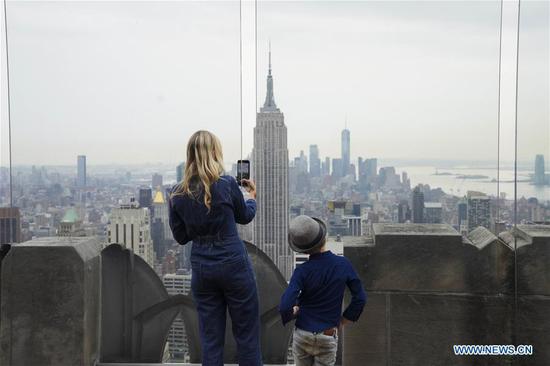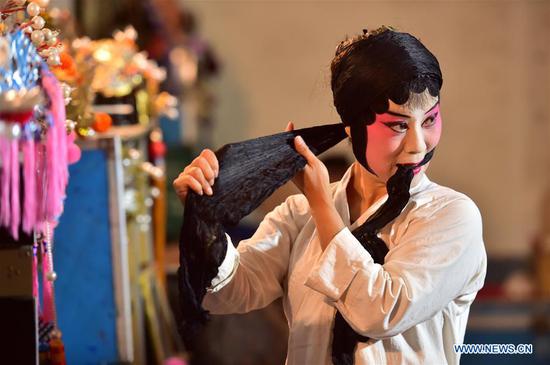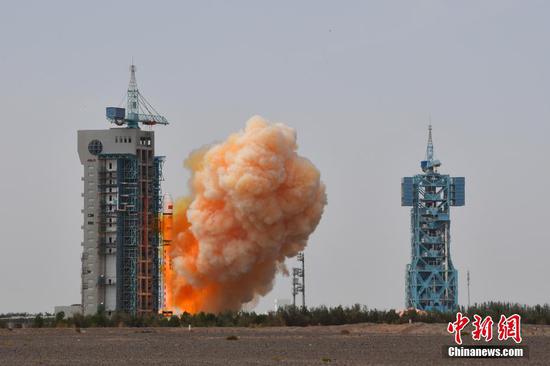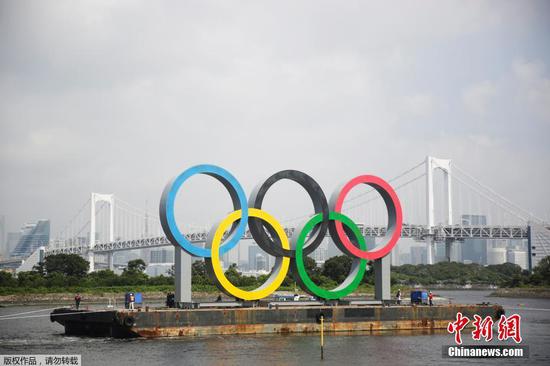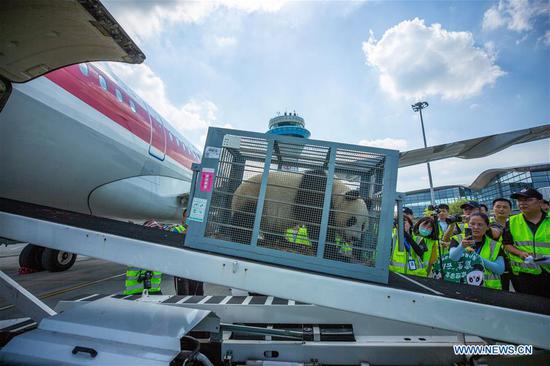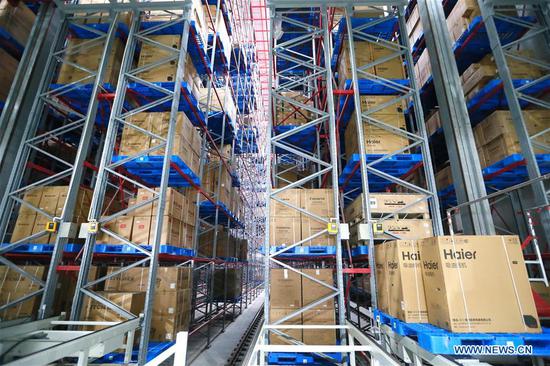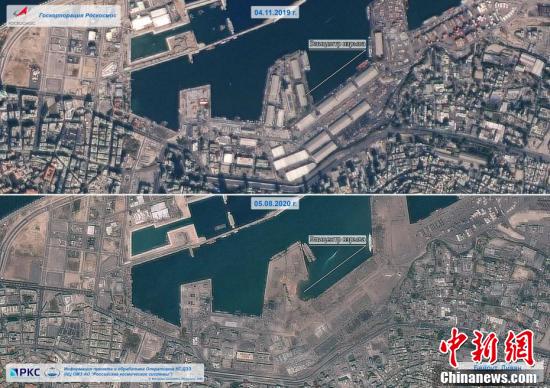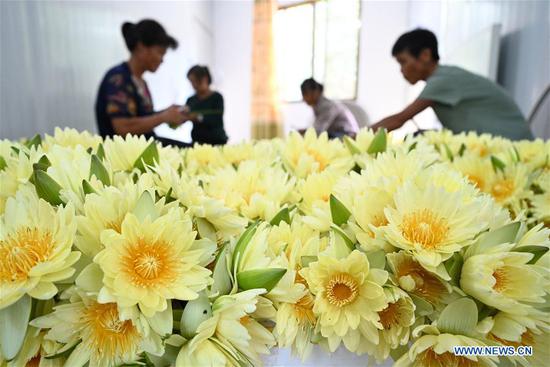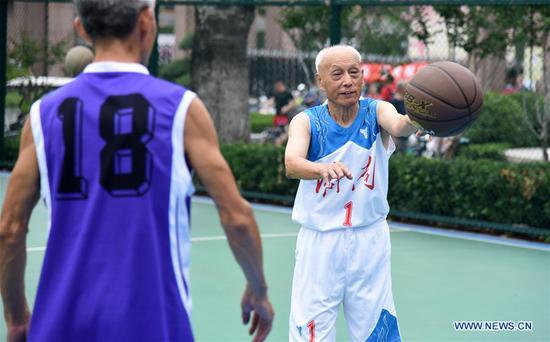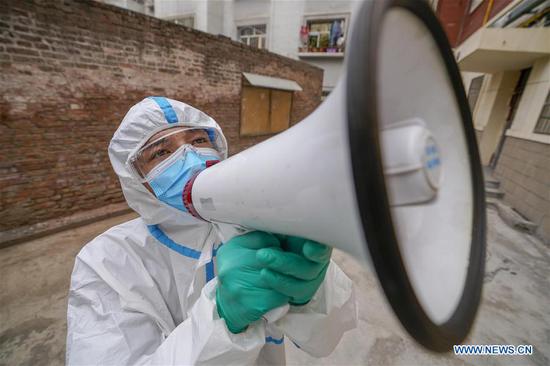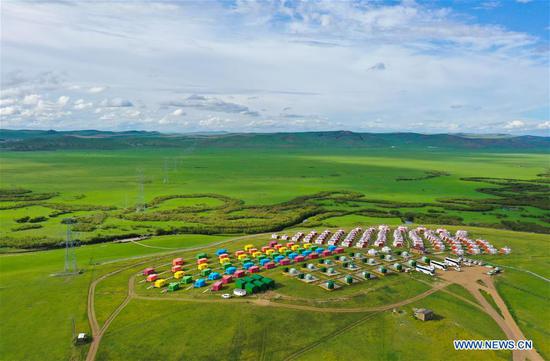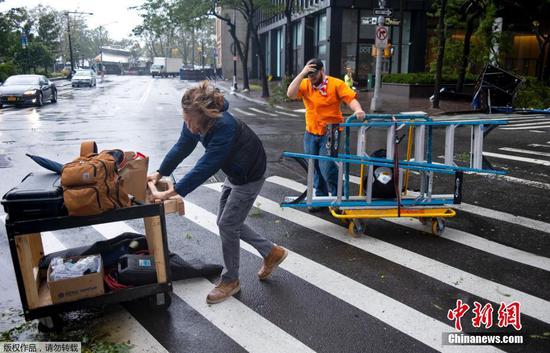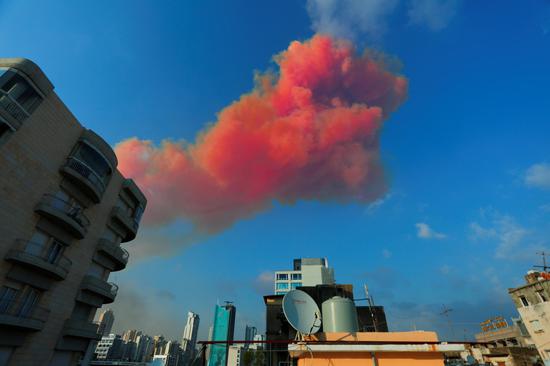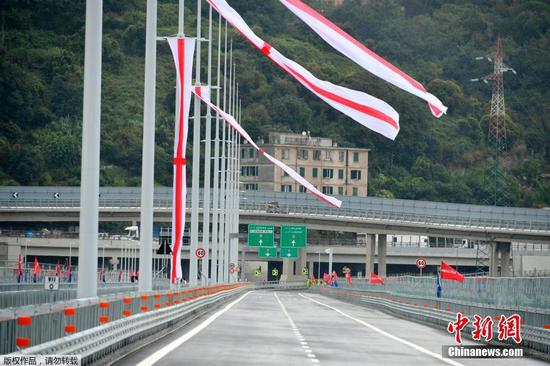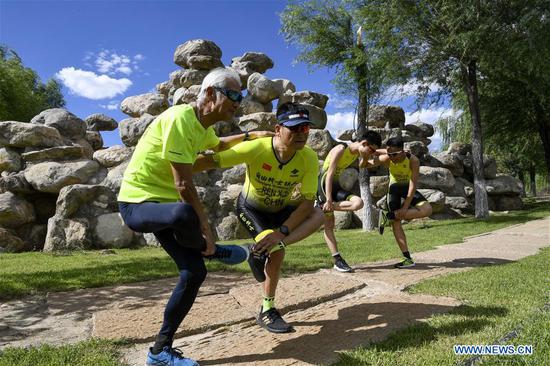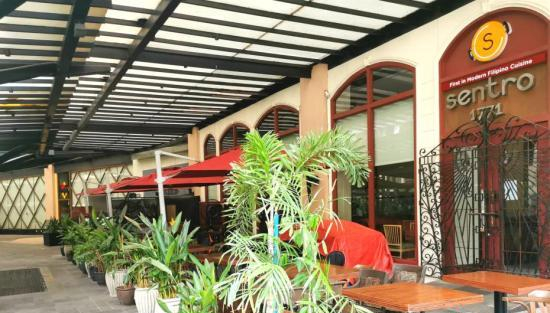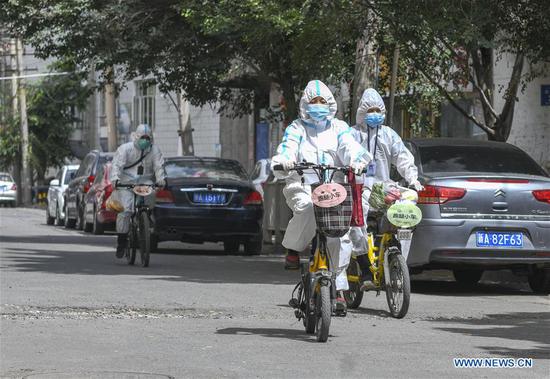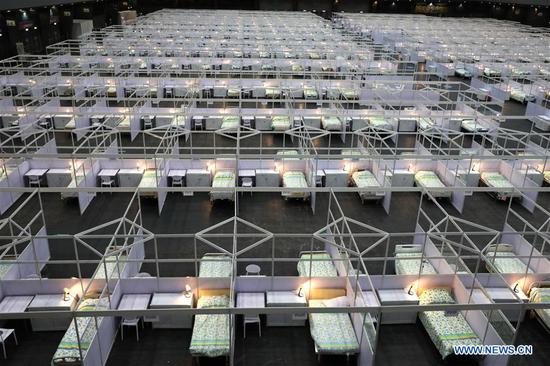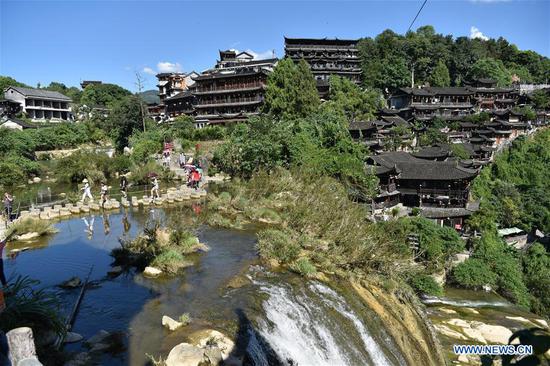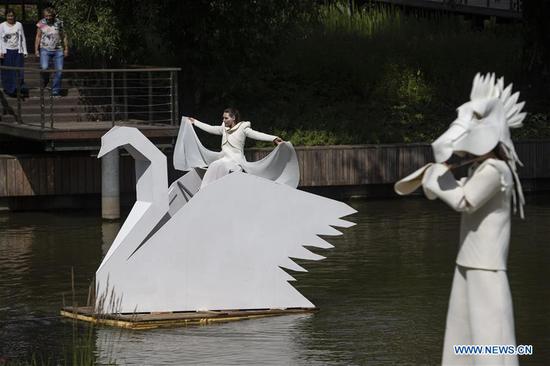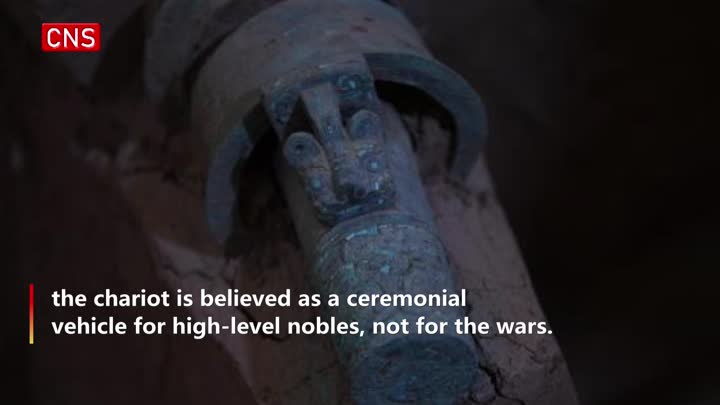Vice-Chairman of the National Committee of the Chinese People's Political Consultative Conference Leung Chun-ying said that the city's opposition legislative councilors who were disqualified to stand for the election that has been postponed for a year should not be allowed to serve in the provisional Legislative Council.
Disqualified candidates, including four incumbent Legislative Council members, were deemed to be not upholding the Basic Law or were disloyal to Hong Kong by collaborating with foreign powers to sanction Hong Kong.
"They are being disqualified because they are not qualified to be members of the Legislative Council," Leung said in an interview with local Chinese-language newspaper Wen Wei Po.
Therefore, they must not be allowed to continue as members in the provisional council in the next 12 months irrespective of how members are chosen, Leung said. These people simply aren't qualified, he added.
Upon postponement of the LegCo elections, originally slated for Sept 6, Chief Executive Carrie Lam Cheng Yuet-ngor said she has sought advice from the central government on how to deal with the LegCo one-year vacuum period caused by the delay. The Standing Committee of the National People's Congress, China's top legislature, is expected to make a decision on the issue.
There have been suggestions to give special consideration to those "dovish" opposition council members among the disqualified. Leung disagreed, arguing that there is nothing "dovish" in seeking foreign powers to sanction Hong Kong.
Leung emphasized that no society under any political system would allow members of its parliament to request foreign powers to sanction their own government.
Disqualifying them from election to the LegCo is the mildest form of rebuke, Leung said. In many other societies, they may have committed a criminal offense liable to prosecution, he said.
Leung reiterated that postponing the election of a new council was the right decision in view of the severity of the third wave of COVID-19. The opposition parties can call it whatever they want, he said. What people should think about is whether to subject the public to extreme risk by calling 3 million people out to vote.
The answer is obvious. It's too much of a public health risk, he said.












